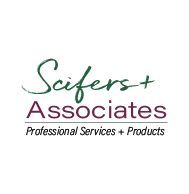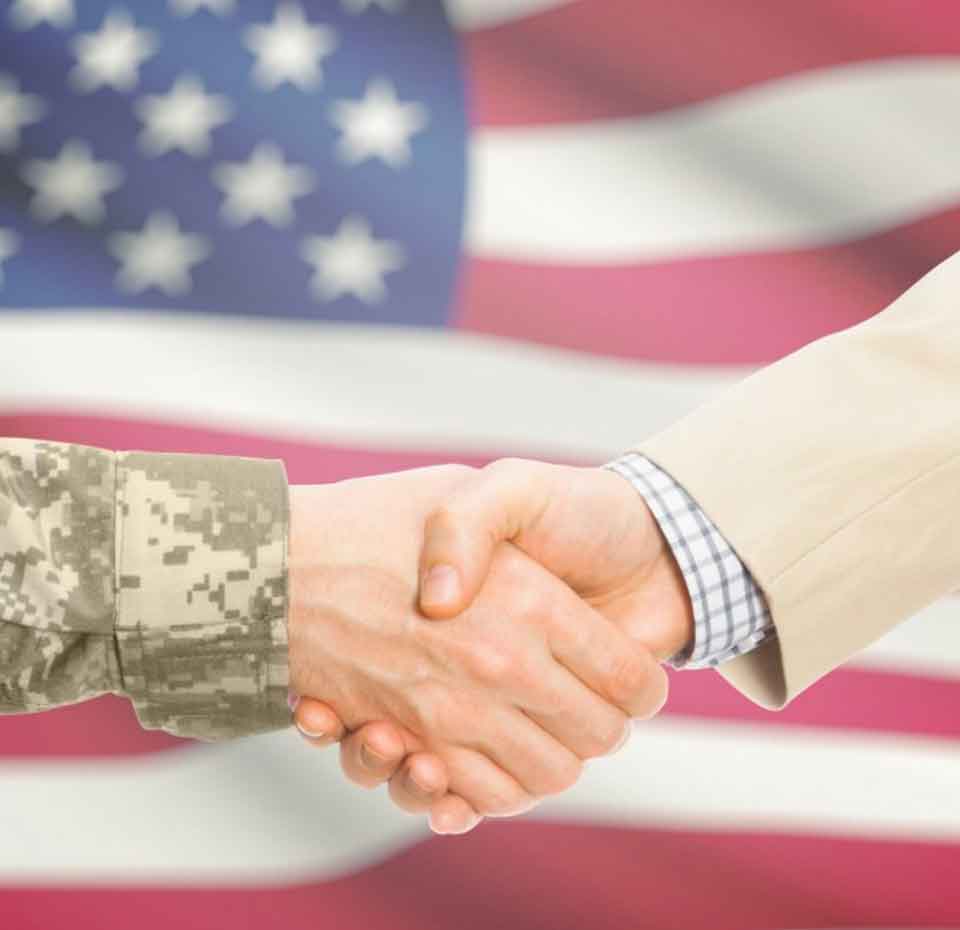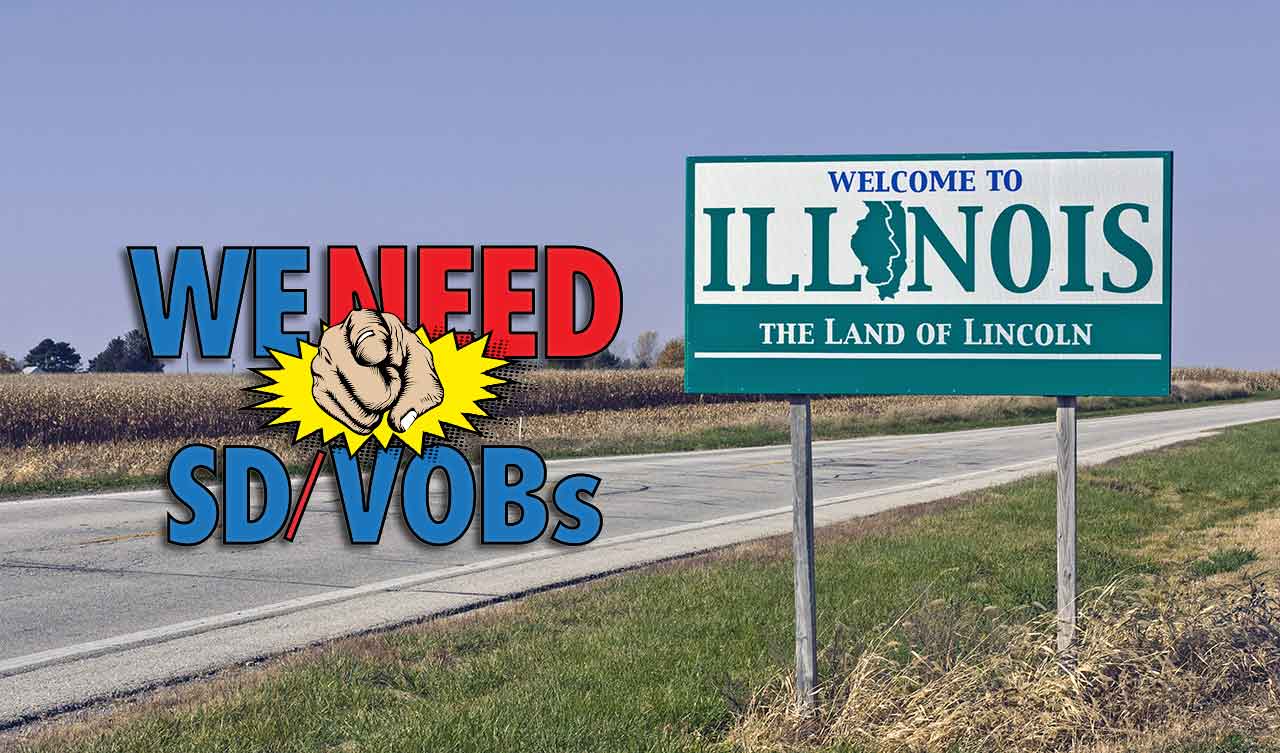Learn how to get connected, leverage programs for Veteran-Owned Businesses, get Certified, and get educated on successful business practices through a wealth of resources available to VOSB/SDVOSB businesses and their partners.
Tips for Emerging Veteran Entrepreneurs
Veterans are self-starters equipped to overcoming challenges. They’re disciplined, goal-oriented, and know the importance of accountability. These qualities, paired with the right resources and informational tools, can help veterans to successfully launch and grow their business. You already know (or should) about things like your business and marketing plans, business formation, accounting, and the elevator pitch. Since founding three successful Service Disabled Veteran Owned Businesses and getting engaged in the Veteran-Owned Business community, I’ve talked with literally hundreds of veteran-owned businesses and business leaders who shared insight into steps entrepreneurs can take to get their business off the ground. I’d like to pass along a few tips here that go beyond common denominators for small business success and relate specifically to Veteran-Owned Businesses.
Get Connected
Your biggest resource as a veteran going into business is the veteran-owned business community at large. Veterans help other veterans. Getting connected with this community is a great way to build relationships, learn from those who have been in your shoes (and tackled the same problems), and more fully understand the opportunities available. Your local chamber of commerce is an easy way to meet others in the local business community, and you’ll find other veterans there. Look around, and you’ll also find a wide range of organizations and resources for Veteran-Owned Businesses, ranging from Vetrepreneur Magazine to regional organizations like VetBiz Central, to national grassroots organizations like American Veteran Owned Business Association, Veterans and Military Business Owners Association, and Elite SDVOB Network. Veterans with a service-connected disability who have not yet received a disability rating—required for Service Disabled Veteran Owned Business (SDVOB) status—can get assistance through Disabled American Veterans, or by contacting their state’s Department of Veterans Affairs. Getting involved in these kinds of organizations plugs you into the business community–and offers a rewarding experience.
Leverage Programs for Veteran-Owned Businesses
Public and private initiatives to promote opportunities for veteran-owned businesses have seen explosive proliferation. Take advantage of the programs and resources available for veteran-owned businesses. Here are a few useful favorites:
The U.S. Small Business Administration (SBA) offers vast informational resources to get started or grow a business. A few hours browsing the SBA’s website will provide information on contracting, business education, business management, loans, and other topics. The SBA co-sponsors programs like Operation Boots to Business, which hosts Entrepreneurship Boot Camps and training. The SBA’s Procurement Technical Assistance Centers, or PTACs, offer local, in-person counseling from professionals focused on helping businesses succeed in government contracting. The SBA also offers a directory of large government contractors that can help you get your foot in the door through teaming and subcontracting.
Corporate Supplier Diversity Initiatives focus on the engagement of socioeconomically diverse groups in commercial contracting. Most large companies—potential customers for your business—have supplier diversity programs. Do a quick internet search on “Supplier Diversity Portal” and you’ll find places to register your company’s capabilities. This should be followed by some more research through tools like company websites and LinkedIn to identify supplier diversity professionals within those companies—people who are generally interested in talking with Veteran Owned Businesses (much easier than cold-calling your way into the company), and who may be able to connect you directly with opportunities.
Small Business Liaison Offices (SBLOs) are the government’s version of Supplier Diversity Programs. Some of the most valuable advice I received as a business owner came from seeking out SBLO people at agencies I’ve sought to do business with and just asking them, “What steps can I take to do business with the Navy” (or the Department of Homeland Security, or the Bureau of Prisons or…you get the idea). Visit your target agencies’ websites and you’ll find the SBLOs, along with contact information.
Get Certified
Getting certified with the US Department of Veterans Affairs is an important step to achieving federal recognition of your company’s status as a Veteran Owned- or Service Disabled Veteran-Owned Small Business. Best of all, the process is easier for new businesses. Also, while the VA’s verification is technically required only for VA contracts, you’ll find that the certification gets you instant credibility with commercial organizations seeking to do business with Veteran-Owned companies. You can also get certified by State agencies (start with your local Department of Veterans Affairs to get pointed in the right direction) and even large local municipalities. The vast majority of State and Local certifications recognize VA certification, and many will fast track the application as a result.
Additional Resources
The above should get you off to a good start, but if you’d really like to dig into more information on establishing and growing your Veteran-Owned Business, go to the internet and look into the following:
Government Small Business Contracting Goals
Business Mentor-Protégé Programs
Federal Acquisition Regulations
Final Tips
I’ll leave you with a few final tips on things I’ve learned over the years that apply to all growing businesses. Look for an expanded discussion of these tips in future articles:
- Strive toward working on your business instead of in your business
- Not all business is good business
- Cast a big shadow
- Good partnerships are crucial
- Building a solid team is essential to success
- Whether you are focused on government or commercial work, relationships are key
- Don’t pay for a diversity certification when you can get it for free
Running your own business is a challenging experience, but the potential rewards outweigh the risks and frustrations for those of us who chose to create our own jobs. These tips should equip you with some of the tools that can reduce risk and frustration, and bring you closer to the rewards of entrepreneurship!
About John Scifers
John Scifers serves as National Secretary for Elite Service Disabled Veteran Owned Business Network. He is as serial entrepreneur who founded Scifers & Associates as the culmination of more than 20 years in consulting and business leadership. John has been featured in the veteran press, has received special congressional recognition, and is an invited subject matter expert, speaker, and advisor for a wide array of public and private sector institutions. He’s a huge fan of connecting with other veterans through LinkedIn
Feel free to contact John with questions or to explore teaming/collaboration at john@scifers.net.
Written by : scifers
Scifers & Associates is the third Service Disabled Veteran Owned Business launched by John Scifers—and the culmination of successes that have garnered national recognition for him individually, and for the consulting and product sales companies he founded or co-founded over the past 20 years.
Join our Mailing List
INFO AND PARTNERSHIP OPPORTUNITIES
Learn about, and stay connected with, Scifers & Associates. We WELCOME partnerships.



